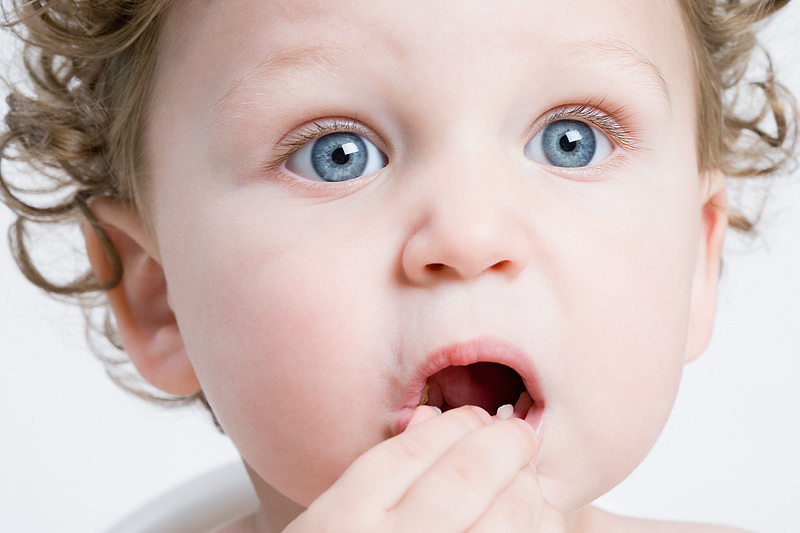WEDNESDAY, Feb. 17, 2016 (HealthDay News) — While most people know that parenting is a stressful, sleep-depriving undertaking, new research suggests it may also rewire the immune system.
The study found that parenting seems to have a more significant effect on the immune system than the flu vaccine or gastroenteritis, commonly called the stomach flu.
“That’s at least something for prospective parents to consider — the sleep deprivation, stress, chronic infections and all the other challenges of parenting does more to our body than just gives us grey hairs,” study co-leader Dr. Adrian Liston said in a news release from the Babraham Institute in the United Kingdom.
“I think that any parents of a nursery- or school-age child can appreciate the effect a child has on your immune system,” added Liston, a researcher at VIB and KU Leuven in Belgium.
For the study, researchers compared the immune systems of 670 people, aged 2 to 86 years. The investigators also looked at participants’ gender and weight to help see which factors influence the immune system from one person to the next.
The study volunteers’ immune systems were monitored over the course of three years. People were generally able to maintain a stable immune system, the findings showed. And that was true even after they’d been exposed to seasonal flu vaccine or the stomach flu.
These findings suggest the immune system can bounce back after it is forced to kick into action, the researchers explained.
However, the study revealed that parenting had the strongest effect on people’s immune system, more than any other contributing factor.
Those who lived with a partner and co-parented a child had a 50 percent reduction in the variation between their immune systems, compared to the general population, the study found.
“This is the first time anyone has looked at the immune profiles of two unrelated individuals in a close relationship,” said Liston.
“Since parenting is one of the most severe environmental challenges anyone willingly puts themselves through, it makes sense that it radically rewires the immune system. Still, it was a surprise that having kids was a much more potent immune challenge than severe gastroenteritis,” Liston said.
The researchers also reported that age seems to take a toll on the immune system response, too.
“What is different between individuals is what our individual immune systems look like,” study co-leader Dr. Michelle Linterman, a researcher at the Babraham Institute, said in the news release. “We know that only a small part of this is due to genetics. Our study has shown that age is a major influence on what our immune landscapes look like, which is probably one of the reasons why there is a declining response to vaccination and reduced resistance to infection in older persons.”
Findings from the study were published in the Feb. 15 online edition of Nature Immunology.
More information
The U.S. National Institute of Allergy and Infectious Diseases has more about the immune system.
Copyright © 2026 HealthDay. All rights reserved.

